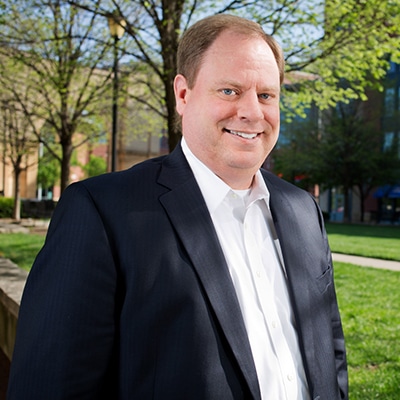Many non-profit organizations exist to address issues of concern to the communities they serve – homelessness, hunger, education and job training – to name just a few. Unfortunately, these noble missions do not insulate non-profits from fraud. According to the Association of Certified Fraud Examiner’s (ACFE) 2018 Global Study on Occupational Fraud and Abuse, 9% of non-profits were fraud victims and those organizations suffered an average loss of $75,000.
In addition, non-profits’ small size and the nature of their operations create both more opportunities for fraud and may limit the ability of the organization to implement effective internal controls. For example:
- Significant financial functions may be performed by volunteers or part-time employees with limited oversight.
- The non-profit may be too small to properly segregate accounting and financial duties.
- Oversight of management by a volunteer board of directors may not be robust.
What can non-profits do to protect themselves? Fraud investigators talk about two key fraud prevention tools – “tone at the top” and “segregation of duties.” The “tone at the top” describes upper management’s attitude toward policies and procedures (and adhering to such). For example, is there zero tolerance for fraud or other unethical behavior?
Adequate “segregation of duties” means that no one person can perform all of the functions that would allow them to both carry out a fraud and cover up their actions by manipulating the accounting records. Completely segregating duties can be difficult for smaller organizations (such as many non-profits) but failing to do so increases the opportunities for fraud.
A third way to protect against fraud is a fraud hotline. A fraud hotline provides a way for employees, volunteers and others to report concerns or suspicions regarding potential fraud, or accounting or ethical issues or violations. The ACFE reports that 40% of frauds are discovered based on a tip (the most common method of fraud detection). Organizations with hotlines are 50% more likely to detect frauds via a tip and fraud losses were 50% smaller at organizations with hotlines.
GBQ’s Fraud Hotline services can provide your organization with this fraud fighting tool – and there is a discounted rate for non-profits. A GBQ Fraud Hotline includes a 1-800# unique to your organization and a secure web portal for tip reporting. Once a tip has been received, our certified fraud professionals and CPAs are trained to respond appropriately and can assist you from the initial report through an investigation, notifying legal counsel, assessing internal controls, developing a remediation plan and notifying appropriate law enforcement or making an insurance claim for the loss.
Would you like to implement a fraud hotline at your organization? For more information, contact GBQ forensic practice directors Keith Hock (513-744-5064 or khock@gbq.com) or Rebekah Smith (614-947-5300 or rsmith@gbq.com).

